Parenting in the shadow of terror: How do you raise a Muslim daughter in a society that vilifies Islam?
My daughter was just a year old when the towers fell.
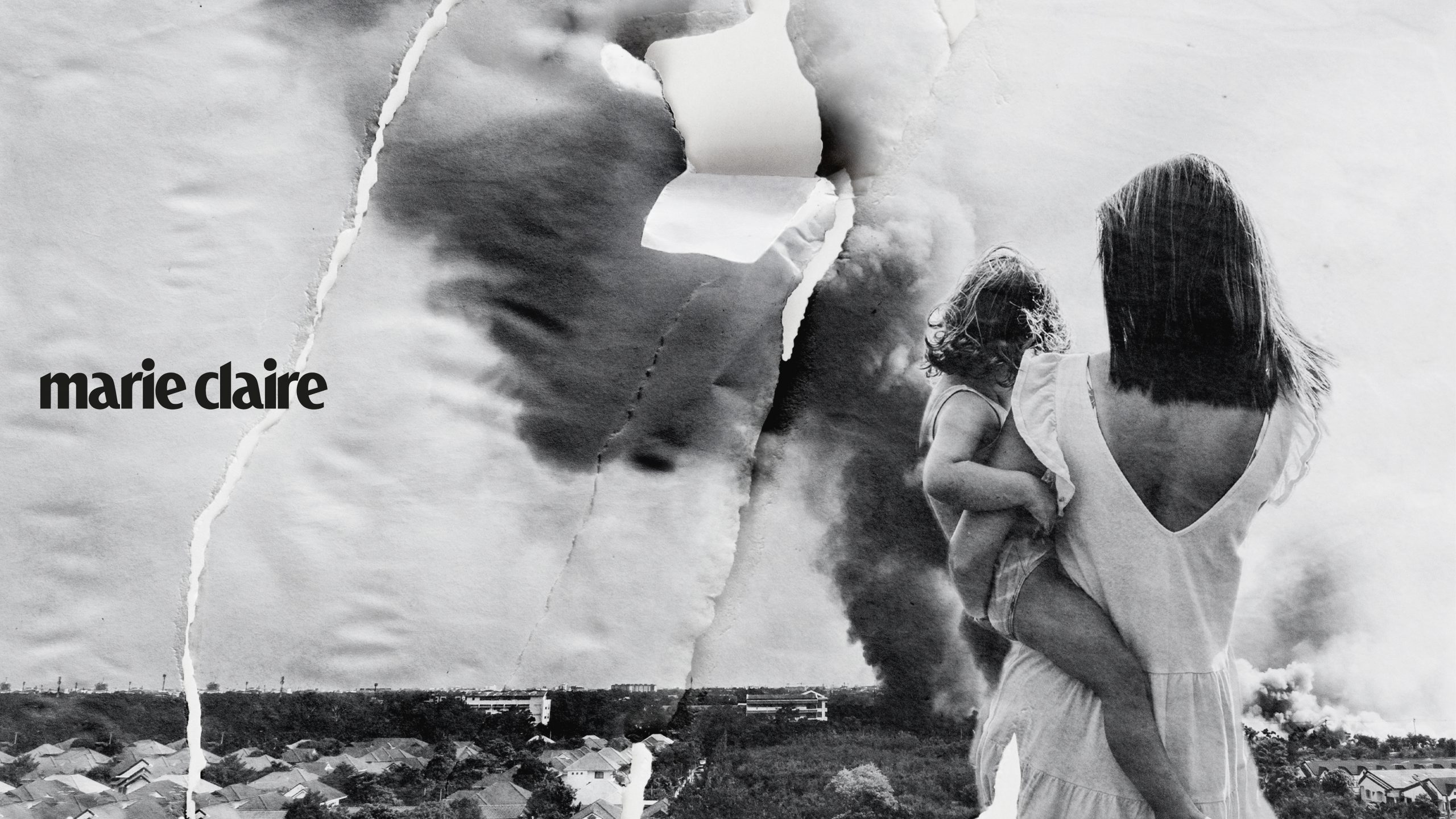
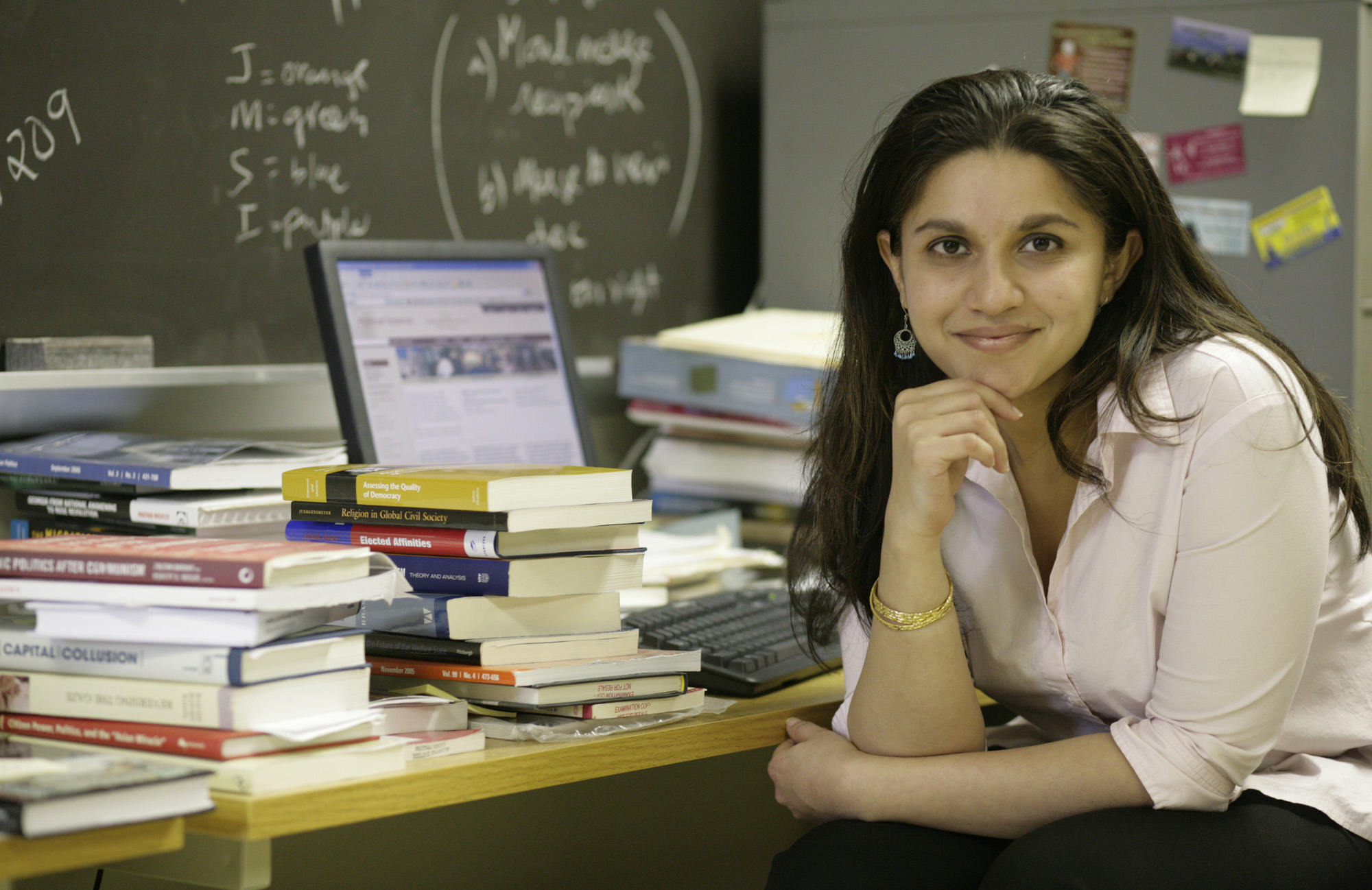
My daughter was just a year old when the towers fell.
She was in daycare at that nine o’clock hour and I was in a class at law school. I remember that they halted the Constitutional Law seminar in the large auditorium-style classroom and pulled out two large white screens. On these we saw the collapse, magnified. I hurried out of the classroom to call the daycare; the world seemed like it was ending, and I wanted to know if my child was alright. She was fine, the teacher told me, having her morning snack.
The next day we went to the grocery store in the small Indiana town where we lived. I propped her up in the front of the cart like I always did, a perch she adored. It felt good to be doing something routine and normal among all the uncertainty. The good feeling did not last. As we made our way through the aisles of the store, people stared; if I stared back, they looked away. The first time I noticed it, I brushed it off. The second and third and fourth I could not. We were brown and Muslim, and now we were suspect.
My daughter grew but so did America’s proclivity toward Islamophobia. Within months of the attacks, Afghanistan was invaded. A few months after her third birthday, Iraq joined the list. Brown people were terrorists; they needed to be droned and bombed. The military had to be sent out to fight them and to keep America safe.
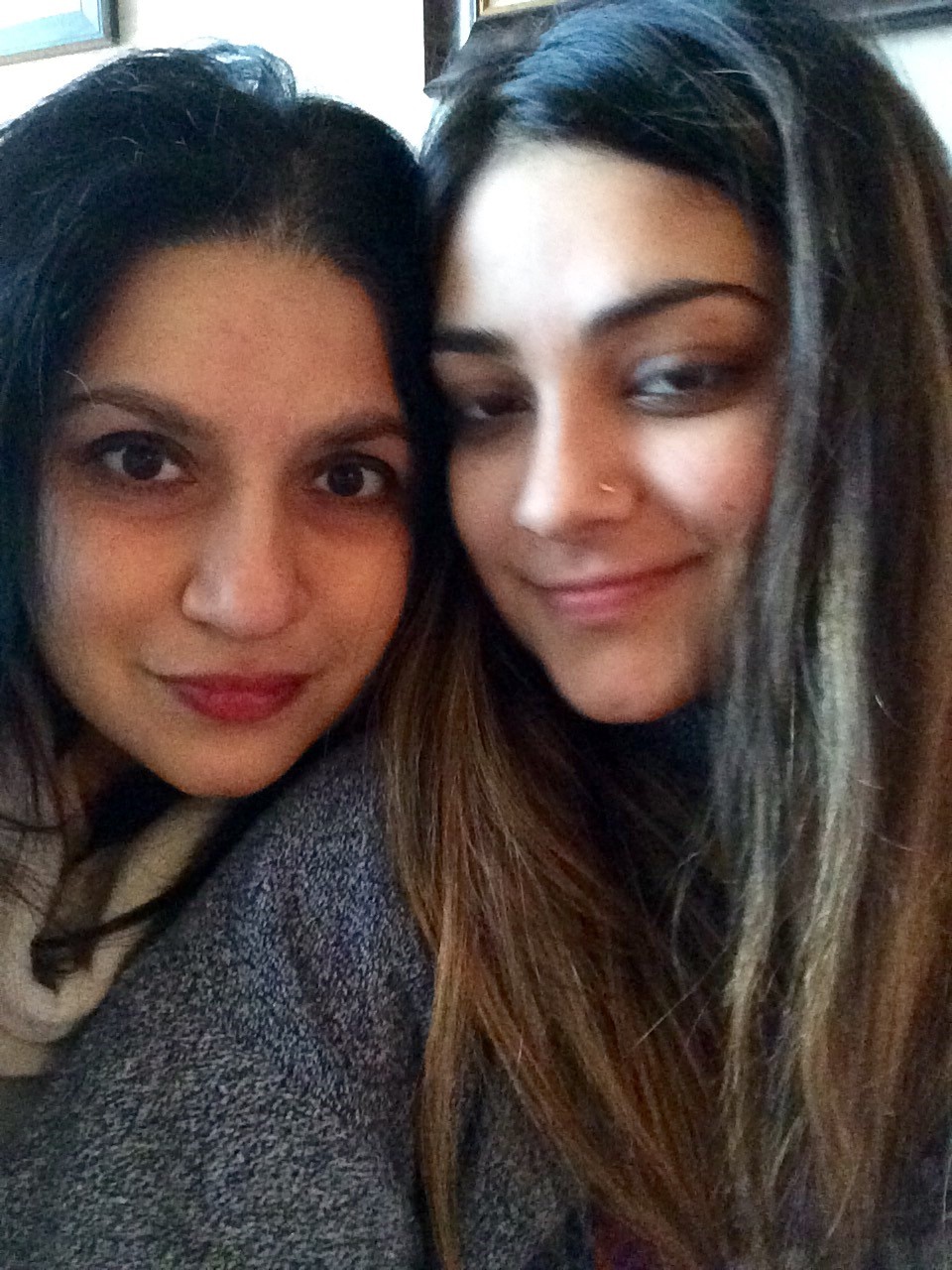
Elementary school bought new tribulations. The anniversary of September 11 was designated “Patriots Day.” In first grade, my daughter - brown and Muslim - sat quietly as the teacher told the class about what happened on that day. That evening of September 11, 2006, she asked me “Are we bad people?” “Why would you ask that?” I remember saying. She was asking because she had seen a clip of the collapse of the towers and the teacher had told the class that the “bad people” who were “Islamic” had killed so many people had brought it down.
How do you raise a daughter, a brown and Muslim daughter, to be proud of her identity when all the culture around her denigrates it? We ditched bedtime stories for bedtime talks. I realised at the time that if I was to provide a parallel narrative to what she saw around her, I needed to know what she was thinking. Luckily, she loved to share, to go over her day with me. In these talks, I learned about her fear and discomfort, every time “Muslim” or “Terrorist” came up in class or conversation. “Inside me I hold my breath,” she explained, “because I do not know what they are going to say.” She wanted to shrink, to disappear, be less brown, less Muslim.
The Boston Marathon was bombed on April 15, 2013. My daughter was thirteen years old and we watched the coverage together, “terrorist” and “Muslim” falling again and again from the lips of an endless lineup of “terror analysts.” School was worse; thirteen-year-olds know how to be cruel. “Hey, are you a terrorist?” one boy yelled at her in the playground. “Everyone knows that Muslims are terrorists,” sneered another, laughing and enjoying her anguish.
Marie Claire Newsletter
Celebrity news, beauty, fashion advice, and fascinating features, delivered straight to your inbox!
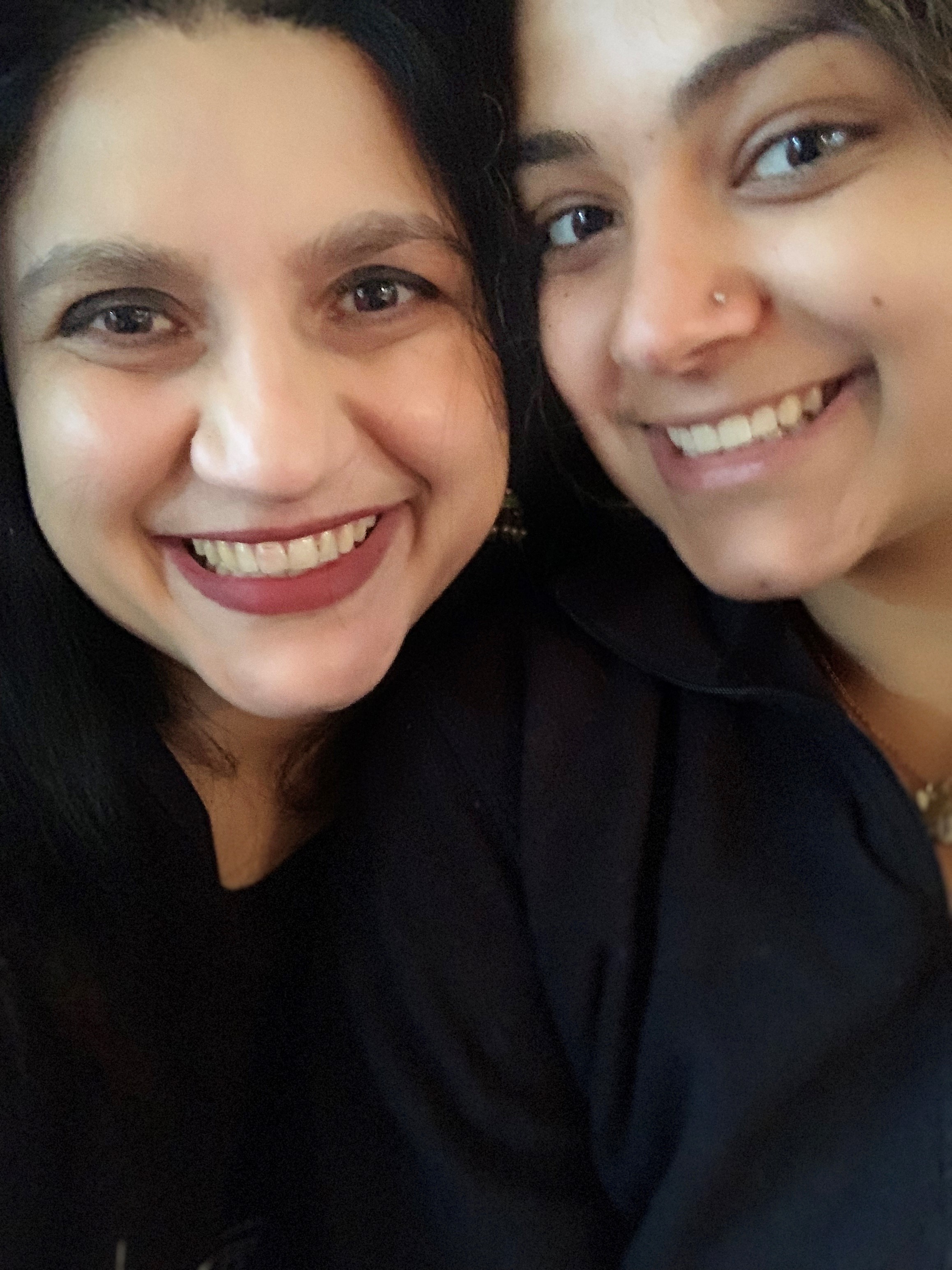
All I had to offer on those evenings was my ear and commiserations of the unfairness of the world, the ignorance of people. We prayed together; I tried to slip her an understanding of faith as a source of spiritual solace against the soul blows dealt by the world, as an antidote to anxiety and dread. Some days, I took her with me to the domestic-violence shelter where I worked as a lawyer, so she could understand that helping other people was its own sort of prayer. Other days she tagged along to Muslim community events that I was helping organise, where everyone was brown and everyone of Muslim and it was safe.
In high school, bedtime talks began to wane; she stayed up much longer than I did poring over homework, talking to friends. I did not mind; I had given her most of what I had to offer. She began speaking up in class when Islam or terrorism was being discussed, emphasising that there was nothing Islamic about terrorism, that it was a tactic rather than an endemic problem.
At fifteen, she took a train all by herself to Chicago, to attend a leadership training workshop conducted by Amnesty International. For the commemorations of September 11, 2001, that followed, she organised discussions about Islamophobia and the racism that imbued within it. “It is possible to respect the past and the suffering of those who died that day,” she would tell everyone who would listen, to be fair and just toward people like her, people who are brown and Muslim and raised under the enduring shadow of the falling towers.
Rafia Zakaria's new book, Against White Feminism, is out now. Buy it online or in all good bookshops.
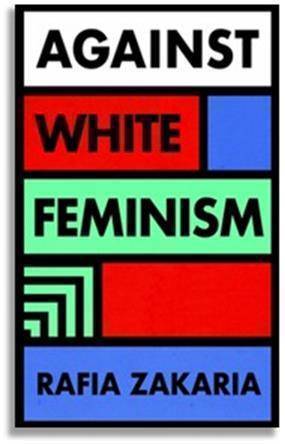
-
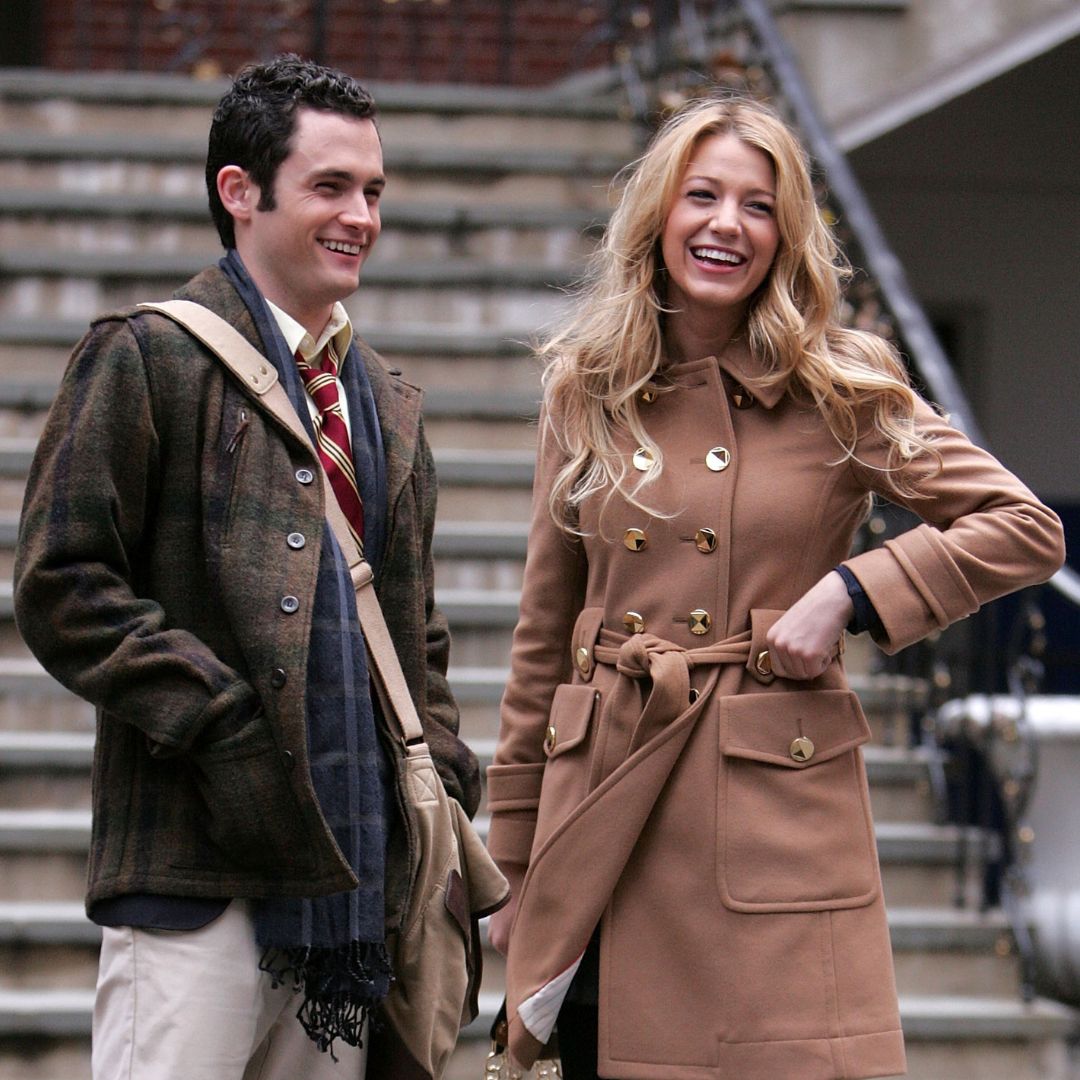 Penn Badgley and Blake Lively kept their breakup a secret from the Gossip Girl cast and crew - here's what we know about their former relationship
Penn Badgley and Blake Lively kept their breakup a secret from the Gossip Girl cast and crew - here's what we know about their former relationshipBy Jenny Proudfoot
-
 Spring has finally sprung - 6 best outdoor workouts that are totally free and boost both body and mind
Spring has finally sprung - 6 best outdoor workouts that are totally free and boost both body and mindSoak in the nature and boost Vitamin D *and* endorphins.
By Anna Bartter
-
 This iconic rose perfume is a compliment magnet—it makes me feel ‘put together’ after just one spritz
This iconic rose perfume is a compliment magnet—it makes me feel ‘put together’ after just one spritzGrown-up and elegant, yet not at all dated.
By Denise Primbet